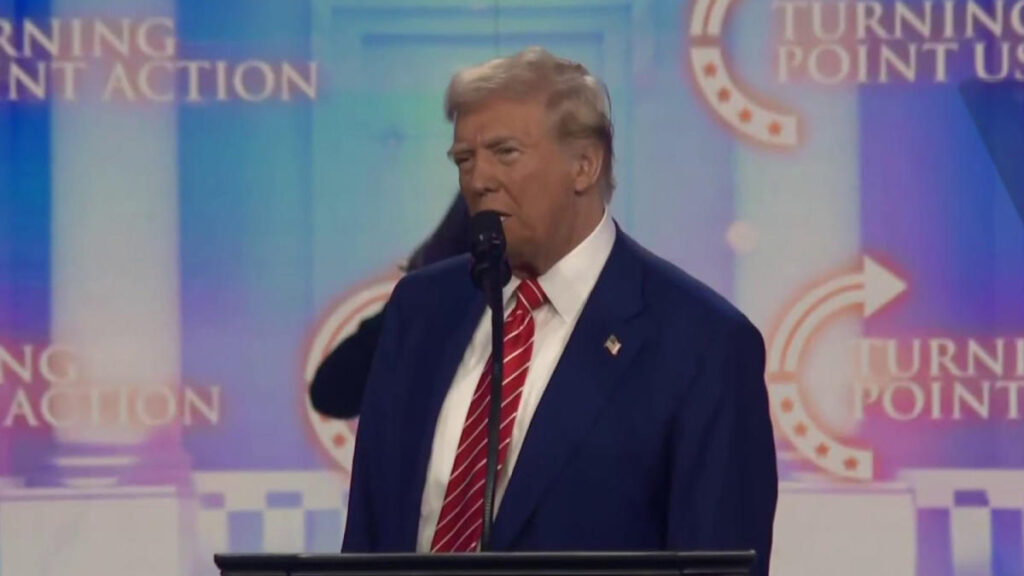In recent discussions surrounding Donald Trump’s political trajectory and leadership style, a notable shift has emerged among some former anti-Trump conservatives and even Democrats, suggesting that he might deserve another chance. Bret Stephens, writing in a New York Times op-ed titled “Done with Never Trump,” posits that critics have overreacted to pivotal events like the January 6 insurrection and various threats to democracy. He controversially proposes that there is a possibility Trump has transformed, urging a reconsideration of his role in American politics. This perspective, however, faces considerable pushback, arguing that such an assessment fails to confront the underlying issues of Trump’s behavior and policies.
Despite the critiques calling for a reevaluation of Trump’s candidacy, current evidence suggests that he has not taken on a more disciplined or responsible persona since leaving office. In fact, Trump appears to be intensifying his confrontational stance, exemplified by his legal battles against news outlets and his continues to target key figures opposed to him, such as former Rep. Liz Cheney. Rather than seeking to mend relations or present a more measured approach to governance, Trump’s recent actions reflect a style that embraces division and defiance, raising questions about the implications of granting him another opportunity.
MSNBC’s Ayman Mohyeldin critiques Stephens’ arguments, emphasizing that perceptions of Trump’s evolution are misguided. He points out that the vitriol inherent in Trump’s rhetoric and the challenges posed to democratic norms are not isolated incidents but part of a broader pattern that should warrant concern. According to Mohyeldin, the call for a second chance ignores the fundamental issues at play, including the potential damage to democratic institutions and the ongoing risks associated with Trump’s influence on the Republican Party and the electorate at large.
As these discussions unfold, the implications of endorsing Trump’s return to power encompass a wide array of social and political dimensions. Advocates for giving Trump another opportunity often argue that doing so would reflect a pragmatic approach to governance, balancing party loyalty against the backdrop of electoral viability. However, critics contend that enabling Trump’s reemergence risks undermining the values that purportedly uphold democracy, potentially paving the way for further erosion of civic norms and accountability.
The dilemma for both political parties is compounded by the reality that Trump’s hold over a significant segment of the Republican base remains robust. This loyalty poses a challenge for those within the party who wish to distance themselves from Trump’s controversial legacy while attempting to attract a broader range of voters. Centrists within the Democratic Party are also grappling with the consequences of the Trump era, searching for strategies that will not only resist Trump’s populist messages but also appeal to disenchanted voters who might consider siding with his brand of politics.
Ultimately, the discourse surrounding Trump’s potential return is woven into the fabric of America’s contemporary political landscape. It encompasses a broader narrative about identity, loyalty, and the future of democracy in the face of challenges to established norms and procedures. Whether or not Trump truly deserves another chance may be subjective, but the implications of such a decision extend far beyond individual perspectives, influencing the trajectory of both the Republican Party and the broader democratic framework in the United States.

